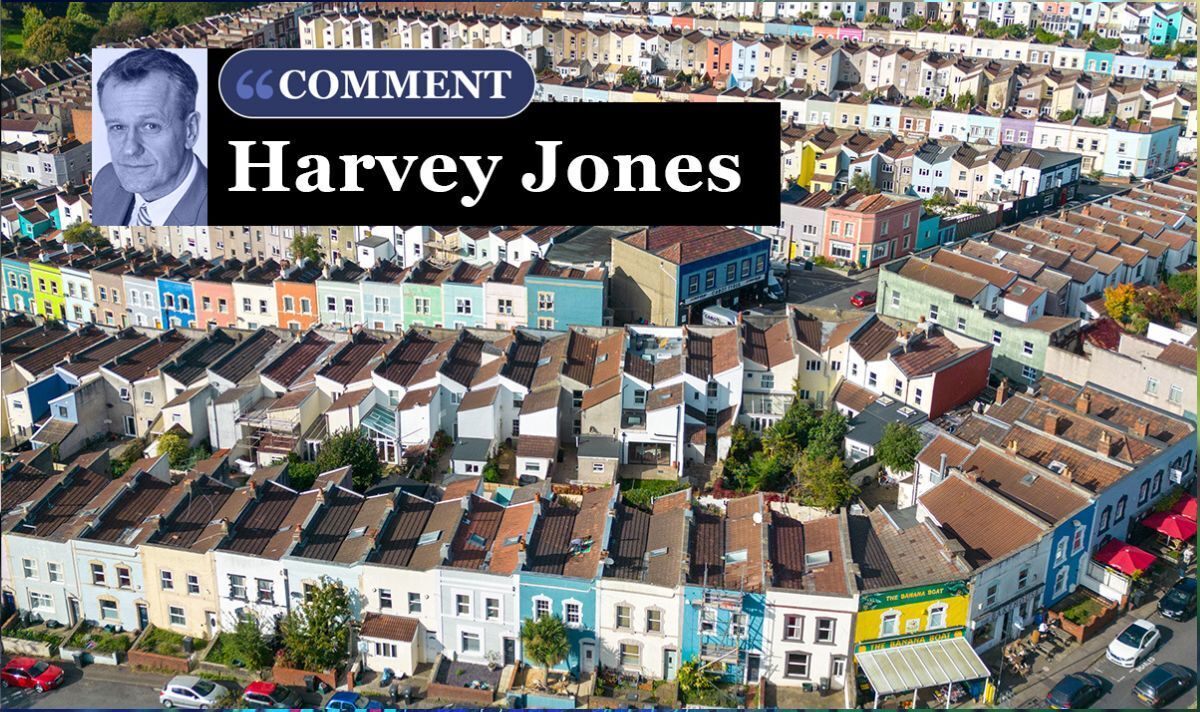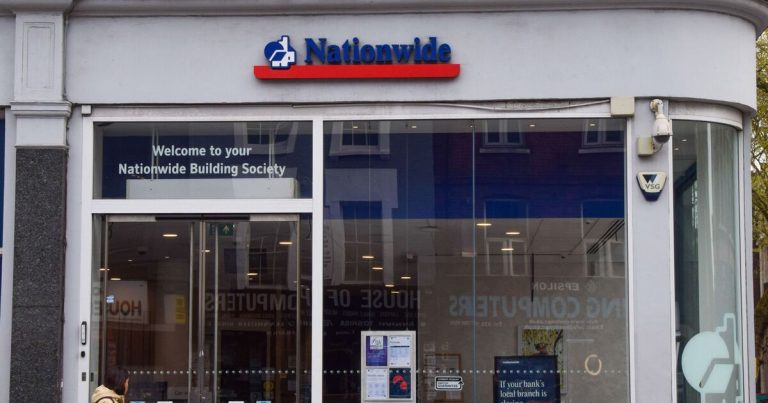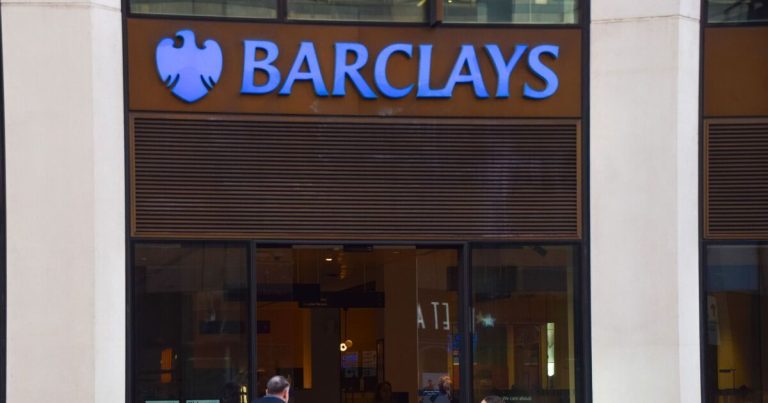
While it’s true that house prices have fallen this year, this could hardly be defined as a crash. In stock market terms, if prices fall 10 percent it’s merely a correction. A full-blown crash requires a 20 percent plunge from peak to trough, and we’re nowhere near that.
Latest figures from Halifax show that house prices dipped by just 3.2 percent in the year to October, which is nowhere near a correction. They actually rose in October, by 1.1 percent.
I’ve been handed exclusive data from GoCompare.com which suggests that instead of falling in 2024, property prices are set to rise as interest rates peak and stabilise.
It’s largely down to mortgage rates. So long as borrowing remains affordable, then owners won’t be forced to sell, while new buyers can still afford to get on the property ladder.
It also helps that wages are rising, up 8.5 per cent in the last year, putting more money into people’s pockets.
If mortgage rates hold at today’s average of 5.3 per cent, GoCompare calculates, house prices should rise around 5.92 per cent by September 2024.
This would lift the average price from today’s £291,385 to £308,635. That’s an increase of £17,250, making homeowners feel richer.
In practice, mortgage rates are already falling as lenders gamble that the Bank of England will not increase base rate from today’s 5.25 percent, and will start cutting next year instead.







